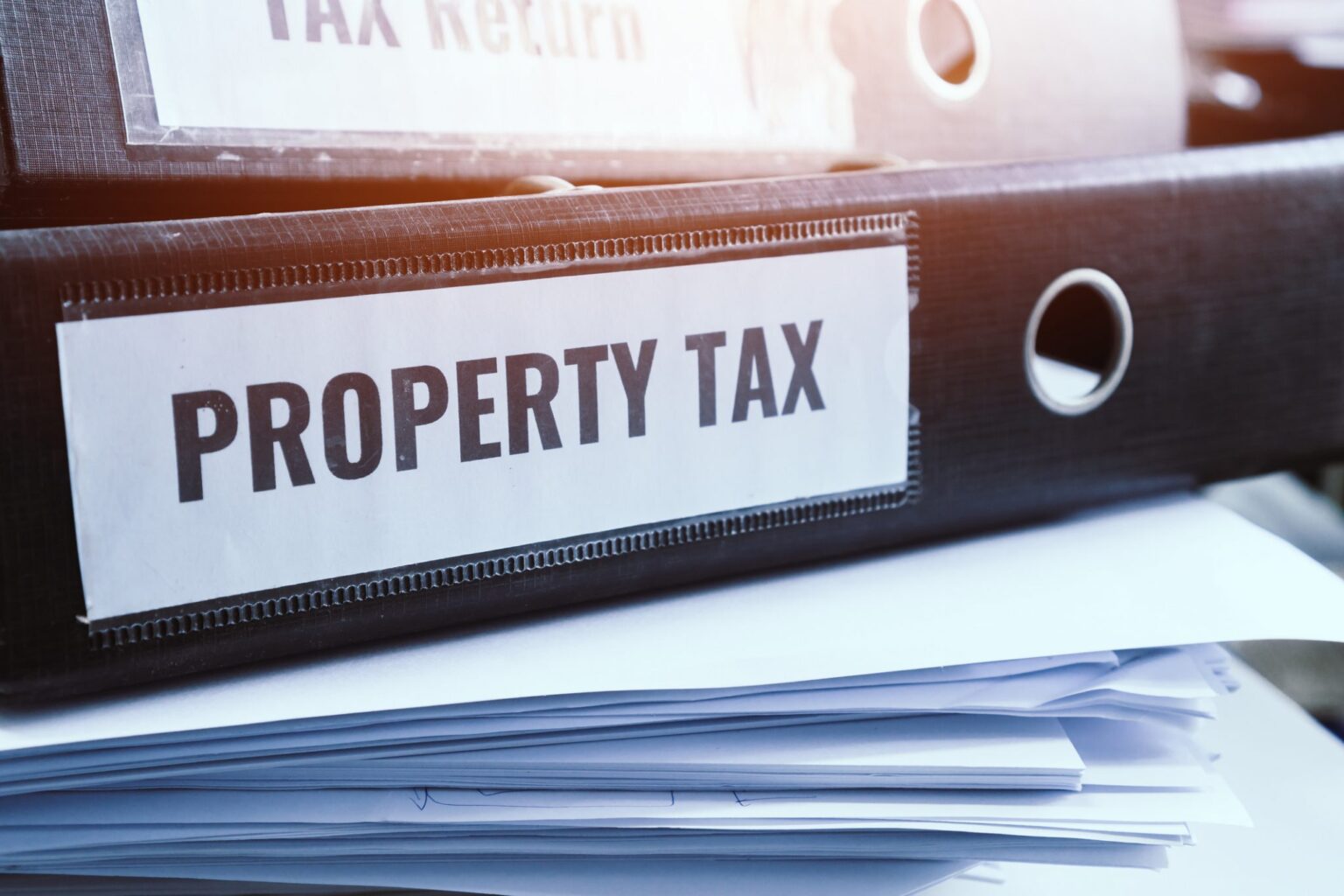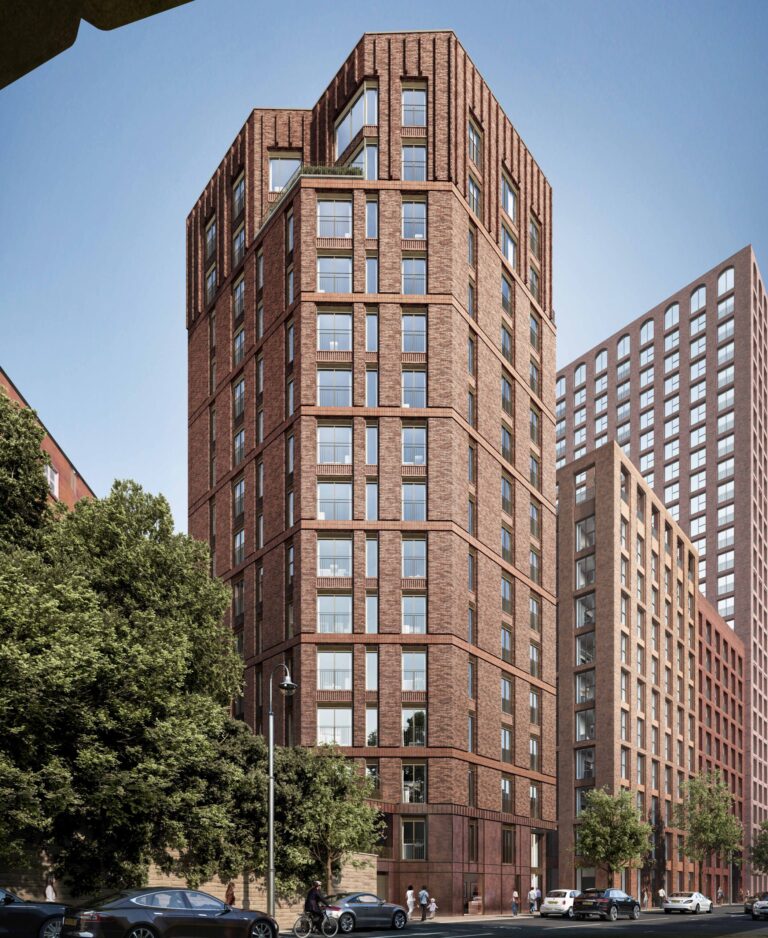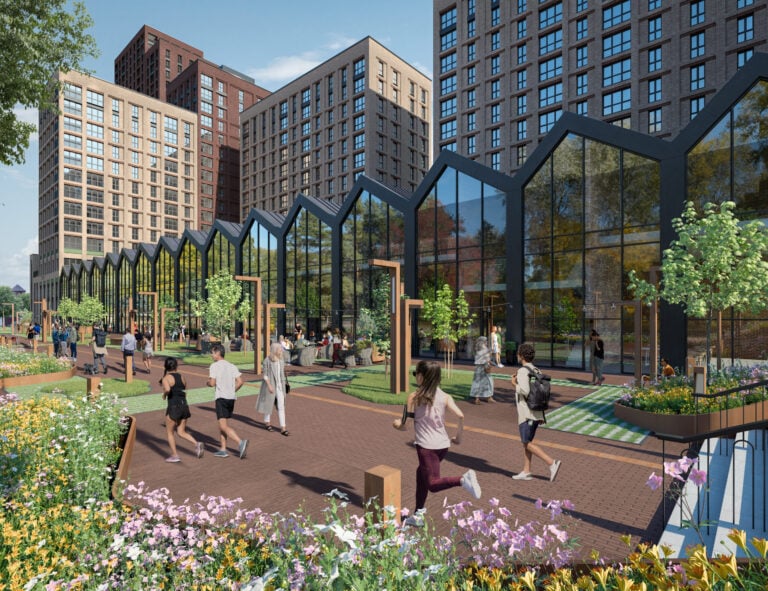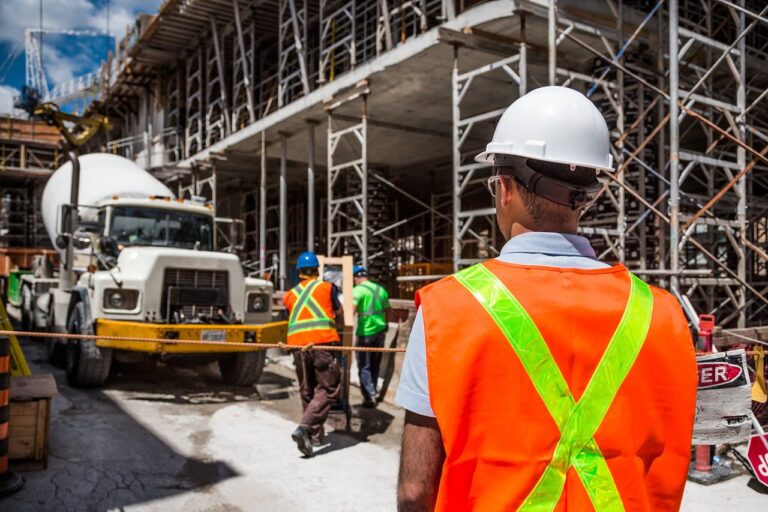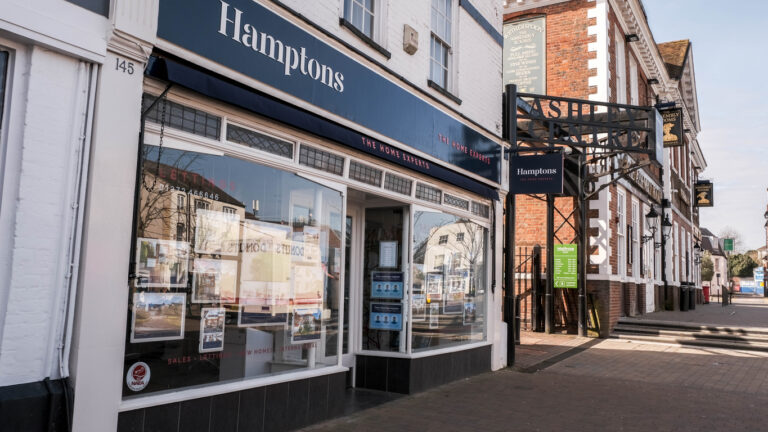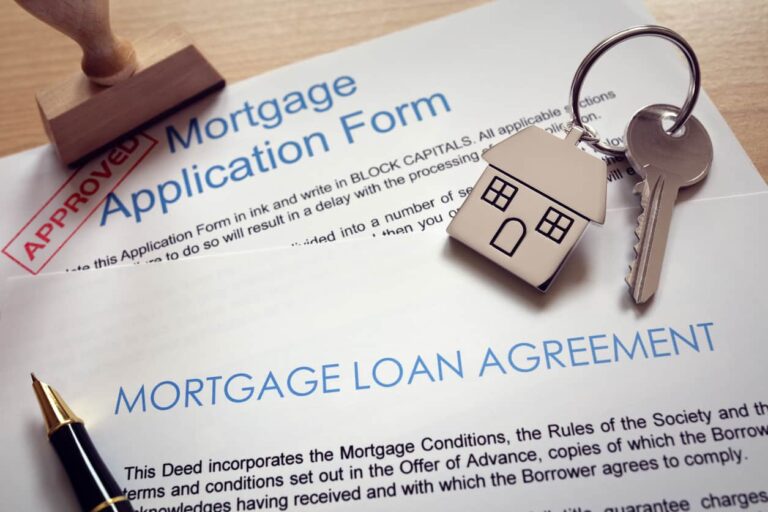Property tax has always been a politically contentious issue, and even rumours of potential changes can begin to have an impact on the housing market – in some locations more than others.
The most universal property tax that applies to any type of buyer, aside from first-time buyers whose purchase falls below the threshold, is stamp duty land tax.
Earlier this year, stamp duty thresholds were reverted back to previous levels, bringing thousands more homes into the liability bracket with the nil-rate band now applying only to homes valued at £125,000 or less. This means a heftier property tax bill for many buyers – but those purchasing at the higher end of the market have felt the adjustment the most.
Still, since the change was brought in back in April, the property market returned to growth relatively quickly, despite a natural fall in activity off the back of a huge swell in the months to April as buyers tried to get their purchases over the line before the new thresholds were brought in.
It was one of the biggest property tax changes in years, with the higher thresholds having been brought in back in 2020 by then-Prime Minister Rishi Sunak.
However, stamp duty is a property tax that is regularly debated by those in the industry as well as in politics, and it has become a major topic again in recent weeks.
Stamp duty debate: could it be scrapped?
The idea of abolishing stamp duty is not a new one; the property tax has been used in the UK since the 1600s, and has seen multiple reforms over the years to adapt it to a more modern housing market.
Labour Chancellor Rachel Reeves is reportedly considering getting rid of the property tax altogether and instead introducing a new system that would tax homes at sale that are worth more than £500,000. The Treasury are said to be looking into a national property tax that could ultimately replace both stamp duty and council tax, offering a more proportionate model.
The idea behind taxing on sale rather than on purchase of a property is to reduce barriers for buyers, while also potentially offering more impetus for downsizers to free up the market. However, critics argue it could stall the higher end of the market.
Kemi Badenock, leader of the opposition Conservative party, has also made a bold £9bn pledge to scrap the property tax on the purchase of main homes if it wins the next general election, claiming this would “unlock a fairer and more aspirational society”. However, stamp duty would continue to be charged on additional properties, properties purchased by companies and properties bought by non-UK residents.
The party claims it would pay for the property tax cut through £47bn of planned savings including cuts to the welfare budget, foreign aid and civil service.
Another argument against scrapping stamp duty altogether looks at the impact reforms have had on the housing market in the past – while changes may call short-term wobbles, the market quickly returns to strength supported by high levels of demand compared with supply.
Sarah Coles, head of personal finance at Hargreaves Lansdown, said there are “serious question marks over what it might achieve, and whether it is likely to happen”.
She explained: “Having a tax bill when you buy a home doesn’t make the process any easier, but it’s not necessarily the biggest barrier someone faces when they buy and sell. Take someone downsizing, for instance, from a £750,000 property to a £300,000 one. In England and Northern Ireland, they’d pay £5,000 in stamp duty.
“It’s a fraction of what they’re likely to pay in estate agency fees and sits along[side] a huge range of costs, from conveyancing to removals. It begs the question of whether removing the cost of the tax is a game-changer.”
The effect of property tax on the UK housing market
The tiered nature of stamp duty means that, under the current system, buyers of the most expensive properties pay the biggest bill. Buyers by nothing on the first £125,000 of a purchase; 2% on the portion from £125,001-£250,000; 5% on the portion from £250,001 to £925,000; 10% on the portion from £925,001 to £1.5m; and 12% on the remaining amount above £1.5m.
With the higher echelons of the housing market also tending to be most impacted by sentiment rather than need, this also makes prime property more susceptible to fluctuations in pricing – and this has been exacerbated by stamp duty changes as well as wider economic turbulence.
The latest Halifax house price index, for example, shows a well-worn trend in the market from the past few years: in England, the North East recorded the strongest annual price growth with a +4.8% increase to £180,443 over the past year, followed by the North West (+3.9).
However, the South West saw a second consecutive price fall of -0.2% over the past year (previously -0.7%) leaving average prices at £303,067. While prices recorded a slight uptick in London in the latest index (+0.6%) and the South East (+0.2%), these regions – home to the most expensive housing markets – have recorded the flattest prices in recent years.
According to Jonathan Hopper, chief executive of Garrington Property Finders, many wealthier prospective buyers have “applied the brakes ahead of next month’s Budget”.
“Rumours of new property or wealth taxes have had a profound chilling effect at the top of the market and many owners are opting to sit tight rather than risk moving too soon.”
Halifax’s head of mortgages Amanda Bryden also noted the importance of location when it comes to housing market performance: “It’s important to remember that prices vary widely depending on characteristics like location and property type,” she said. “As a result, many homes are available at a cost well below this headline figure.
“For example, for those looking to take their first step on the property ladder, the typical first-time buyer home costs £236,811, up +1.7% year on year, with pockets of even greater affordability to be found across different regions.
“While affordability remains a challenge, a relatively lower mortgage rate environment and steady wage growth have helped support buyer confidence.
“Although the broader economic outlook remains uncertain, with the affordability picture gradually improving, we continue to expect modest growth through the remainder of the year.”
